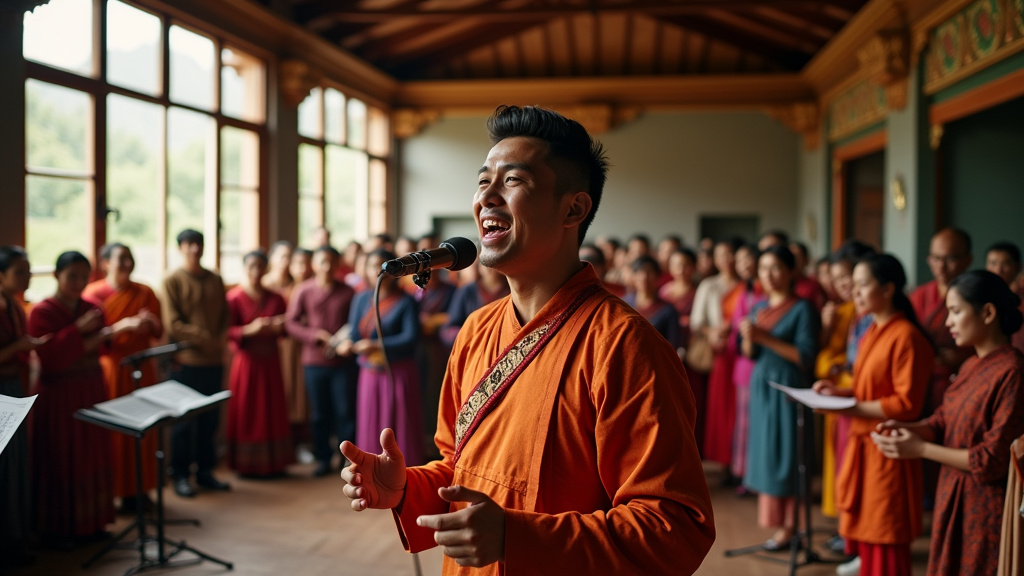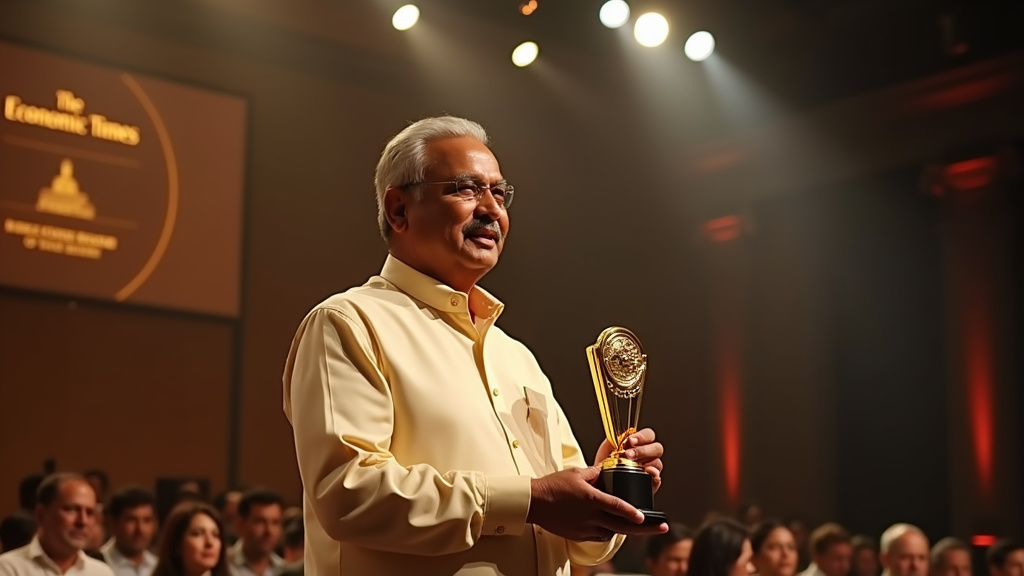In a landmark initiative for the Kingdom’s burgeoning creative sector, over 20 Bhutanese artists, including well-known singer Ugyen Panday, recently participated in the nation’s first-ever formal vocal training program. The week-long intensive, held in Punakha and concluding on September 28, 2025, marks a significant step towards professionalizing Bhutan’s music scene, traditionally reliant on passion and self-taught methods.
A New Chapter in Bhutanese Music Education
For decades, Bhutanese artists have honed their craft through dedication and personal experience, with no established institutions offering formal vocal training. This lack of structured education has often limited opportunities for artists to refine their techniques and expand their reach beyond local audiences. The recent training, organized by the Department of Media, Creative Industry and Intellectual Property (DoMCIIP) under the Ministry of Industry, Commerce and Employment, directly addresses this gap. The initiative aims to equip artists with the essential skills needed to elevate their performances and enhance the overall quality of music production within the country.
Comprehensive Skill Development
The intensive program covered a wide array of crucial aspects for vocalists and performers. Participants delved into fundamental techniques such as breath control, pitch accuracy, articulation, and ear training. Beyond vocal mechanics, the curriculum extended to stage presence, studio dubbing, and the vital area of vocal health, ensuring artists can maintain their instrument for the long term. A significant portion of the training also focused on the business and entrepreneurial side of music, including personal branding and effective self-promotion strategies. This holistic approach seeks to mold artists into well-rounded professionals capable of navigating the modern music business.
Expert Guidance and International Vision
Leading the training was renowned Indian vocal coach Thompson Andrews, heading a four-member team of experts. Andrews, a composer, singer, and creative entrepreneur with over 17 years of experience, identified immense potential in the Bhutanese artists, noting their passion while highlighting areas for technical growth. He guided participants to explore their vocal ranges, scale, and pitch, encouraging them to see themselves as premium products ready for a broader market. The program emphasized the importance of collaboration and urged artists to “step out of their small bubble” to seek international partnerships and exposure, a perspective that resonated deeply with the attendees.
Empowering Artists as Entrepreneurs
The initiative is directly aligned with the DoMCIIP’s broader goals of strengthening Bhutan’s creative industries and projecting its cultural soft power internationally. By enhancing professional skills and educating artists on monetizing their work through copyrights and royalties, the training empowers them to build sustainable careers. Popular singer Pema Deki, who helped coordinate the program, highlighted its inclusion of artists across various genres, including Rigsar, Western, and Bollywood styles, ensuring a wide impact. She noted the opportunity this provides for younger generations, a stark contrast to the limited chances available during her own career. This focus on skills and business acumen is crucial for fostering a thriving music business and enabling artists to thrive as entrepreneurs.
A Turning Point for Bhutan’s Music Landscape
This formal vocal training represents more than just a learning opportunity; it signifies a potential turning point for Bhutanese music. It acknowledges the growing recognition of music as a viable profession and an important contributor to the national economy. While the country has seen a rise in digital platforms and independent music production, the absence of formal training has been a notable challenge. The success and feedback from this program are expected to pave the way for future, ongoing educational opportunities, possibly leading to the establishment of dedicated vocal training institutions. By investing in its artists, Bhutan is not only refining its musical output but also strengthening its unique cultural identity on the global stage, fostering a new wave of confident, skilled, and internationally-minded musicians and entrepreneurs.





